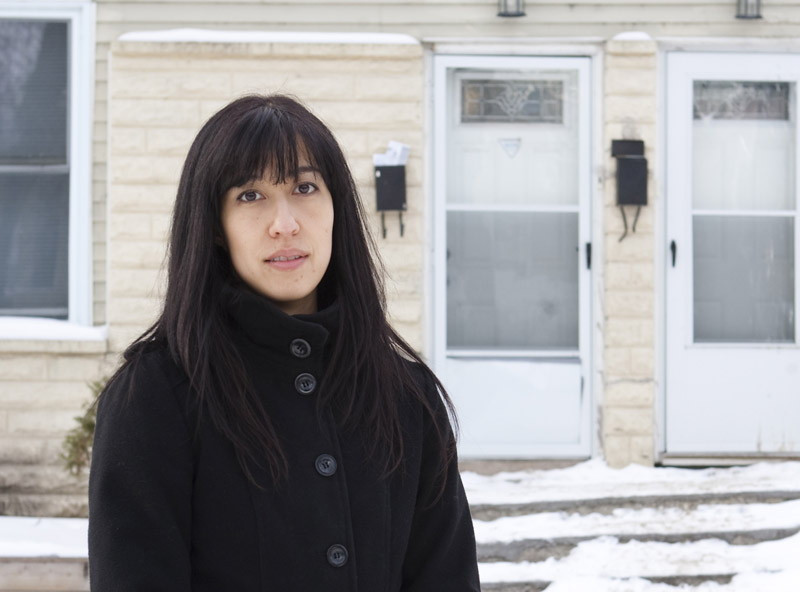United Way Winnipeg launches poverty simulation program
Three-hour simulation gives glimpse into the life of a low-income family
The United Way Winnipeg has launched a new program encouraging Winnipeggers to experience poverty through a simulation.
Last fall, the organization launched Living on the Edge, a program giving 40 to 80 participants a glimpse into what it might be like to live in a low-income family.
“It gives people a sense of the stress that’s involved, and helps us to understand what it’s like for people living in poverty,” said Heather Block, director of strategic initiatives at the United Way.
Participants in the three-hour simulation are assigned family units, each with a story that describes their financial situation.
In addition to participants who are assigned to live in poverty, the United Way brings in volunteers to act in various community service roles these families might encounter.
The three-hour experience simulates a month, and each 10 to 15 minutes represents one week.
The participants are given day-to-day tasks they need to accomplish within the month, which vary from finding a job, paying rent, buying groceries or cashing their cheques at the bank.
Participants are also faced with unexpected expenses - they might be given a piece of paper telling them their furnace broke down, or their television has been stolen, Block said.
Participants spend time debriefing their experience after the exercise, a time where they can really draw a connection to people living in poverty in Winnipeg, and the real life equivalent of the simulation, said Block.
“ People talk about what they didn’t know (about living in poverty) ... and how their eyes were opened to different things. They recognize how difficult it might be to get from place to place when you don’t have money, or get a job when you don’t have a phone.
Heather Block, director of strategic initiatives, the United Way
“It’s really so powerful,” she said.
“People talk about what they didn’t know (about living in poverty) ... and how their eyes were opened to different things.
“They recognize how difficult it might be to get from place to place when you don’t have money, or get a job when you don’t have a phone.”
Still, Block recognizes the fact the simulation falls far short of what those in poverty really experience.
“It certainly isn’t even walking a mile in their shoes,” she said.
Jodene Baccus, a policy analyst at the University of Winnipeg, has taken part in the simulation as both a participant and volunteer.
“It was way more powerful than I expected it to be,” said Baccus, who is also a United Way board member.
“What was shocking was how quickly I went from feeling (optimistic) to feeling frustrated. I got to the point where I was feeling pretty hopeless.”
Baccus said it’s hard to say if it’s an adequate simulation of what it’s like to live in poverty on a daily basis, but that the experience was eye-opening.
“I definitely got a perspective of what it would be like to have more limited resources, and felt it in a way I hadn’t before, even though I was imagining what it would be like,” she said.
The United Way has facilitated seven simulations since the program began, mostly for employers, and the response has been mainly positive, Block said.
“We’re seeing people who are in leadership positions looking at their policies and processes where they work ... and making changes to them that will make life easier for people living in poverty,” she said.
Published in Volume 67, Number 15 of The Uniter (January 10, 2013)








